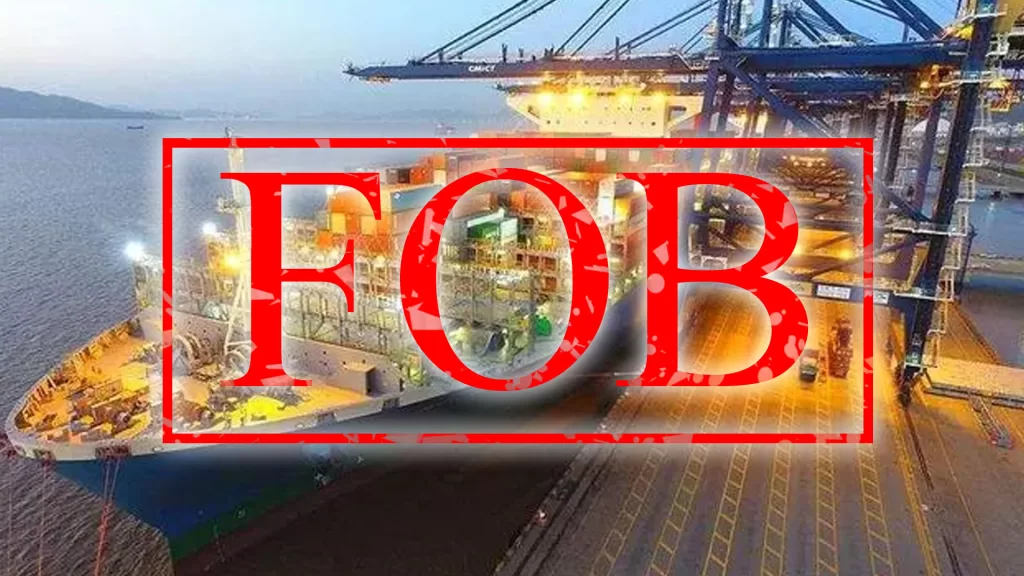Firstly, in international trade, FOB (Free On Board) is a trade term indicating that the seller is responsible for delivering the goods to the specified port on board the vessel, bearing the cost of freight, loading, and unloading until the goods are loaded onto the ship. The FOB price typically includes the product’s cost, domestic transportation expenses, loading and unloading costs, as well as customs-related fees.
For quoting FOB prices for small quantity orders, you can follow these steps:
1.Determine Product Costs:
This includes production costs, raw material expenses, manufacturing costs, etc. Ensure that when calculating costs, you take into account the potential spread of fixed costs due to small-batch production.
2.Calculate Domestic Transportation Costs:
Identify the transportation costs from the production site to the export port, including costs for land transport or other modes of transportation.
3.Consider Loading and Unloading Costs:
Moving goods from the factory to the port and loading them onto the ship may involve some loading and unloading costs. These costs should also be factored into the FOB price.
4.Include Customs Clearance Costs:
Consider including customs clearance costs in the FOB price to ensure smooth passage through customs procedures.
5.Confirm the Port:
Clearly specify the delivery location for the goods in the FOB price, typically the port in the exporting country. This will determine at which point your responsibilities and cost obligations end.
6.Negotiate and Agree:
Communicate and negotiate with the buyer before providing the FOB quote. This may involve negotiating payment terms, delivery times, and other relevant conditions.
7.Transparency and Clarity:
Provide a clear breakdown of costs in the FOB price to ensure the buyer understands the components of the expenses they are paying.
8.Regulatory Compliance:
Ensure that the quoted FOB price complies with international trade regulations and the contractual agreements between both parties, preventing potential disputes.

